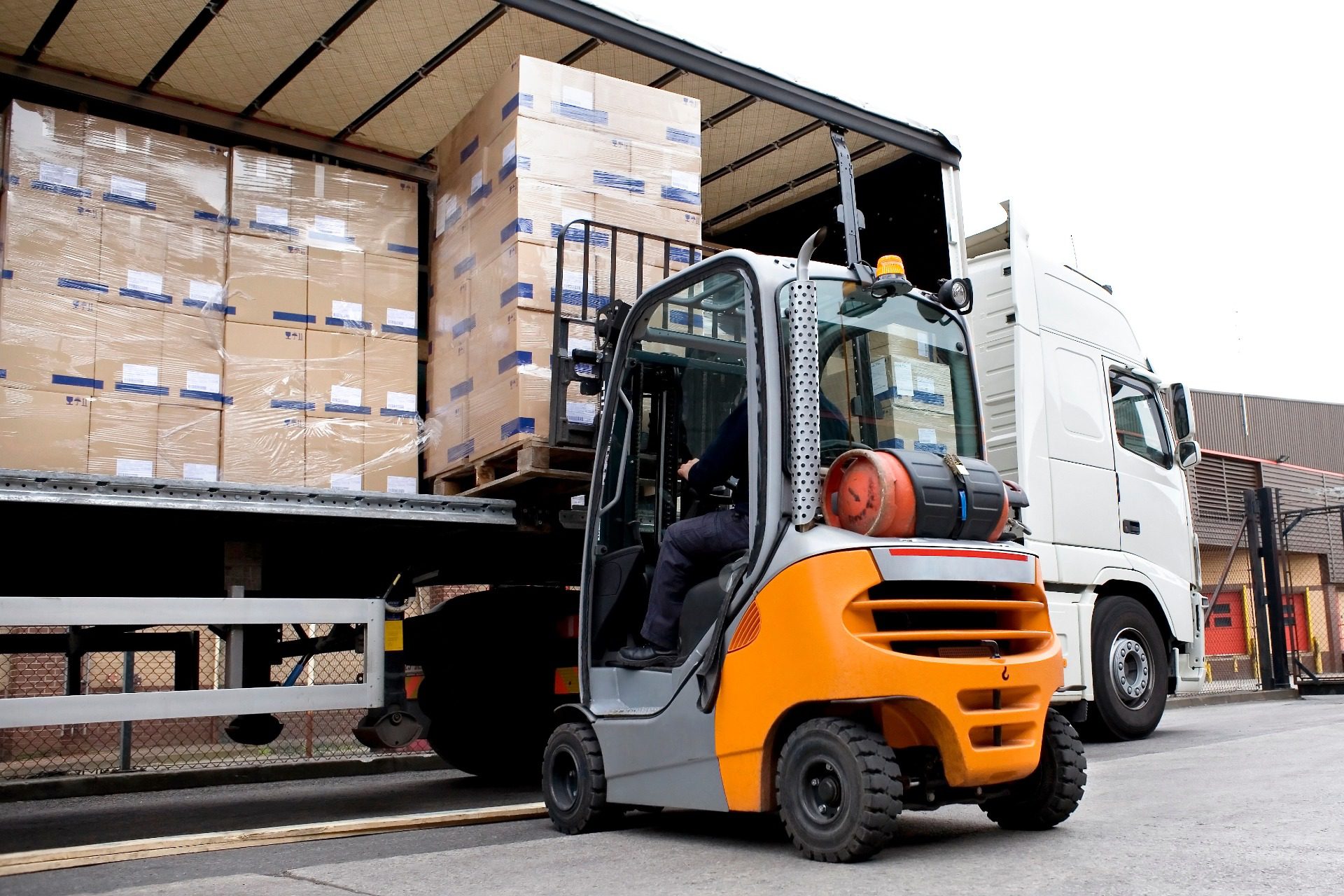The cannabis industry has exploded in recent years – and its rapid growth and popularity have begged many questions about legality. Questions like: Is shipping CBD oil legal? Is it legal to buy CBD oil online? Can you mail CBD oil? All of these questions are on the minds of producers, manufacturers and distributors of CBD oils and products. To be frank, cannabis oil shipping may be one of the most widely misunderstood topics in the eCommerce industry today.
If you’re selling and shipping CBD oil, it’s important to understand that misinformation is rampant. It can be confusing for distributors – but since the potential for industry growth shows no sign of slowing, it’s worth looking more into the matter. You may be wondering – will there really be that much growth? Experts say yes! Check out these stats from The National Institute of Drug Abuse’ National Survey on Drug Use and Health: Trends in Prevalence of Marijuana – the results from the survey show industry growth will indeed continue, so now is the time to start wading through all that confusing shipping-chatter out there.
- The North American cannabis industry is expected to have a worth of $16 billion (yes, that’s with a “B”) by 2020. And that number skyrockets to $80 billion by 2030.
- It’s forecasted that revenue generated by CBD alone will reach $1 billion per year by 2021.
Along with this popularity, the natural trend of online sales is sure to continue to grow as well. Keep in mind, this isn’t “pot” we’re talking about. CBD is a legal substance with minuscule to no amounts of THC. The sales of cannabis products fall into two separate categories: CBD- and THC-related products. So, what’s the difference?
What’s the Difference between CBD and THC
Cannabis is the plant that cannabidiol (CBD) and Tetrahydrocannabinol (THC) are both derived from. While CBD and THC both come from the same plant, they couldn’t be more different in terms of how they affect the body and mind. The easiest way to think about CBD and THC is this:
CBD – is the non-psychoactive component of the cannabis plant. It cannot get you high, and is legal in most states, over the counter supplement with reported health benefits. It’s frequently used in supplements and food. CBD oil is made by extracting CBD from a cannabis plant and diluting it with what’s known as a carrier oil. Popular carrier oils are hemp seed and coconut oils. Some people use CBD oil for:
- pain/inflammation relief
- reduced anxiety/depression
- relaxation or stress relief
THC – is the psychoactive cannabinoid found in the cannabis plant. It can get you high and is illegal or controlled across much of the country. When you use a THC-based product, it’s theTHC that actually gets you “high.” THC can be extracted from the plant and turned into a concentrate, and it’s known to:
- alter senses (smell, hearing, sight, taste)
- increase hunger
- create a relaxed/fatigued feeling
- reduce aggression
The Legality of CBD
Is CBD legal? Sort of. It’s a complicated, somewhat convoluted topic.
CBD’s legality depends on a number of factors. It is legal, but that status can vary state to state and federally. One of the determining factors for legality (or not) is whether the CBD is derived from hemp or marijuana. Hemp is a legal plant; marijuana is not. Marijuana has a high THC-content (remember: THC is psychoactive and has mind-altering properties) and is federally illegal in most places.
There are some important points to keep in mind, though. The recent passing of the Agricultural Improvement Act of 2018 changed the classification of hemp from a Schedule I substance to an “agricultural commodity,” paving the way for hemp and hemp-derived substances to be bought and sold legally. It’s also worth pointing out that the DEA recently reclassified some CBD (with a THC content <.0%) from a Schedule I, illegal substance, to the less-restrictive Schedule 5 drugs, as long as an item has been approved by the U.S. Food and Drug Administration. Lastly, the Farm Bill lifted restrictions on sales and transportation, as well as possession of CBD derived from hemp as long as the hemp:
- contains less than .03% THC
- adheres to shared state-federal regulations
- is grown by a properly licensed grower
Can You Ship CBD Oil?
To ship or not to ship, that is the question. And the answer isn’t as clear as you may think (or hope). Legally, there is still quite a bit of gray area surrounding shipping cannabis oil. Some experts say shipping is illegal and may result in confiscation and seizure, while others argue the Farm Act of 2018 makes buying, selling and shipping CBD oil perfectly legal, particularly if the CBD oil is hemp-derived. The DEA itself has stated that CBD is not a top priority for the agency.
Keep in mind that overall legality depends on, among other factors:
- if there are trace amounts of THC (and if so, how much)
- whether or not the grower and manufacturer are Farm Bill-compliant
- the actual source of the oil
The most significant factors of all are the two we discussed earlier:
- The recent legislation that removed hemp from regulation under the Controlled Substances Act
- The 2018 Farm Bill permits hemp products like CBD to be introduced into interstate commerce.
Over the last year, there have been changes to both how CBD is viewed in terms of legality, as well as who will ship CBD products. A brief overview of some of the major carriers’ stances on shipping CBD follows:
UNITED STATES POST OFFICE:
In early March of this year, the United States Postal Office quietly released an updated guide to mailing hemp-derived CBD. In that guide, the USPS notes the legality of hemp-derived CBD, and provides an acceptance criteria for when the mailing of the substance is indeed, legal.
UPS:
UPS will ship CBD products based on several conditions. Brands that market and ship CBD oil and products must be able to state where the raw material grew, how they were processed in the manufacturing of the end-product and how they were obtained. For example, who grew it and where, who processed it, who shipped it to the supplier and how that supplier then forwarded it onto the end-customer.
FEDEX:
FedEx is very vague on the issue of shipping CBD products. However, their standard Service Guide, Prohibited Items, Sections S – T lists the following as prohibited items: “Marijuana…including marijuana intended for recreational or medicinal use and cannabidiol (“CBD”)…Hemp plants, hemp leaves, hemp oil and hemp seed oil…”
DHL:
While it may change in the future, at this time, DHLeC doesn’t accept CBD shipments.
No doubt, the debate on the legality of use and shipping CBD is far from over. The only thing consumers can count on is there will be much more information coming to light as we continue to navigate the new and murky waters of buying, selling and shipping cannabis products like CBD oil.
ShipCalm Offers CBD Fulfillment
Questions about shipping CBD products? If you’re currently manufacturing CBD based products and are in need of a 3rd party logistics company to ship your orders, please contact us. While there are certain limitations, we’re happy to discuss your needs and develop a solution that provides the best possible customer experience.
Disclaimer:
Information contained herein is not intended as legal advice or to replace the legal advice and opinion of an attorney. If you need legal advice, please contact a lawyer directly. Laws will vary internationally and from state to state, and may change over time. Please make your own decisions respecting any and all legal issues after you conduct your own research and consult with a licensed attorney.



